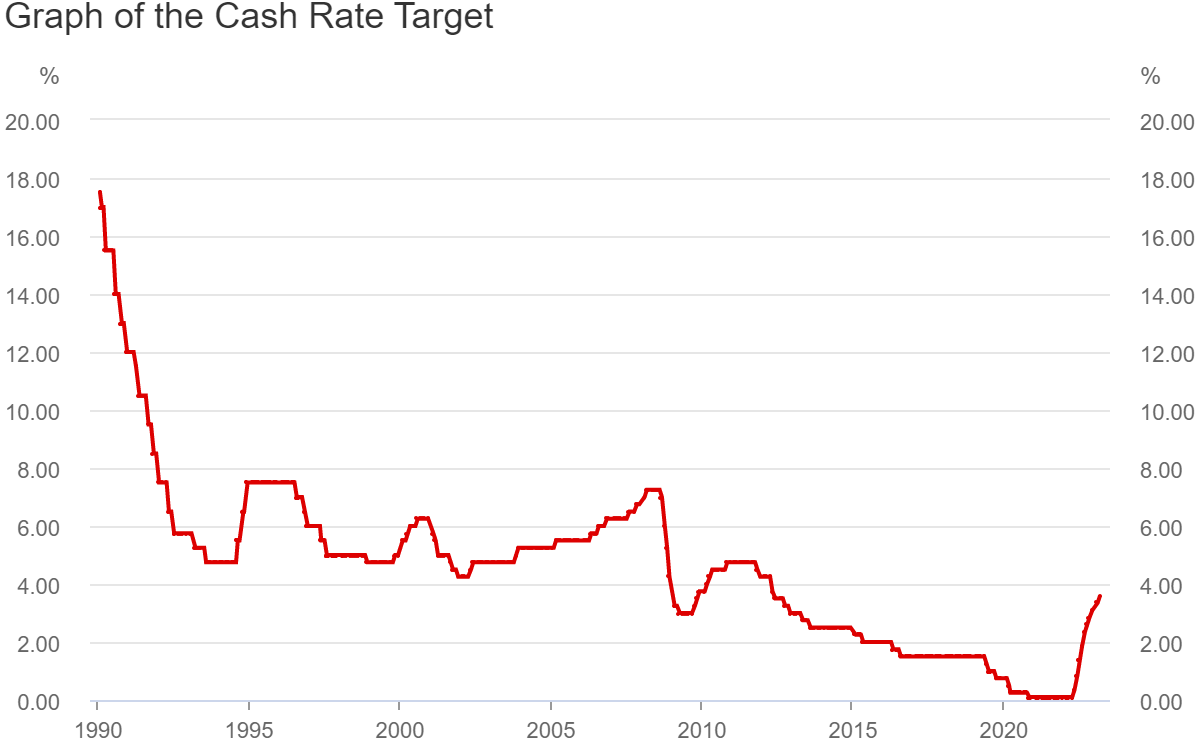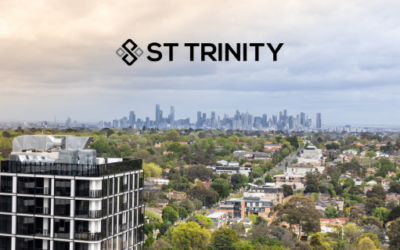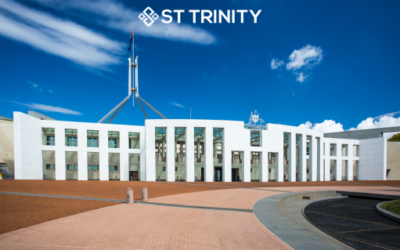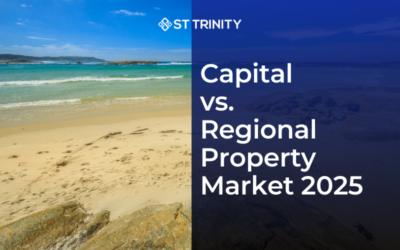On Tuesday, the Reserve Bank of Australia (RBA) announced the second cash rate hike of 2023 in an effort to combat inflation rates and address the current cost-of-living predicament in the country.
But how exactly would this affect you as property owners and investors? Surprisingly, the effects would be more positive than you might have thought. Let’s break this down below.
Table of Contents
Interest Rate Rises
As widely expected, the RBA has increased the cash rate again by 25 basis points for the 10th consecutive time, taking the official cash rate to 3.6%.
The rate is expected to rise further, but the RBA alluded to the fact that further interest rate increases will no longer be needed over the months ahead.
“The board expects that further tightening of monetary policy will be needed to ensure that inflation returns to target and that this period of high inflation is only temporary,” the RBA governor, Philip Lowe, said in a statement.
“In assessing when and how much further interest rates need to increase, the board will be paying close attention to developments in the global economy, trends in household spending and the outlook for inflation and the labour market.”

Source: RBA
Even though the coming interest rate rises will be heavily dependent on the upcoming monthly inflation data, the big 4 banks are in agreement that there might be two more rate rises of .25 basis points each before things stabilise.
According to NAB, ANZ & Westpac, the cash rate will peak at 4.1%, then drop and remain steady in 2024. CBA seeing just one more 25 basis points rate rise – forecasting 3.85% – cutting to 3.35% by the end of the year.
Our current property market
Higher interest rates were a clear inflection point in housing trends, but the declining pace has eased since a 1.6% month-on-month drop in August. The monthly decline in February was the smallest since May 2022, according to the latest report from CoreLogic.
Source: CoreLogic
We have seen Sydney dwelling values start to rise again, pulling in a 0.4% increase last month. We also saw Auction clearance rates above 70% in the week ending 19th February – the first time since Feb 2022.
There’s a good chance this reprieve in the housing downturn could be short-lived as dwelling values remain higher than they were at the onset of COVID across every capital city and the broad rest-of-state region.
According to CoreLogic, housing values would need to fall substantially further across most regions before wiping out the COVID gains.
Source: CoreLogic
The New South Wales Treasurer, Jim Chalmers, expressed optimism regarding the future of the Australian economy during an interview with 60 Minutes.
He stated that interest rates are unlikely to reach the levels observed in the early 1990s and expressed confidence that a recession will not occur.
‘There’s absolutely no chance that interest rates will get to the level that they were at in the early 1990s,’ Dr Chalmers said.
Mr Chalmers also noted that he does not anticipate any slowdown in the economy. While acknowledging that inflation had peaked around Christmas, he clarified that there was still some uncertainty around this issue.
‘We don’t expect there to be a recession in the Australian economy,’ Dr Chalmers said.
‘The Treasury forecasters, the Reserve Bank and others are not expecting a recession… But I need to be upfront with your viewers and say that we do expect our economy to slow considerably.’
The government’s top priority is providing relief to address the cost of living. But there would be challenges in 2023, as there were in 2022.
Rental market trends
Rental unit prices are increasing at a faster rate, whereas house rents are growing at a slower pace. The rise in rental rates is particularly noticeable in the medium to the high-density sector due to a surge in overseas migration and a shift in domestic demand towards more cost-effective rental alternatives.
Source: CoreLogic
At the same time, In February, rental vacancy rates in the combined capitals reached a new historic low of 0.9%. This surge in demand is expected to continue in the rental market, causing vacancy rates to remain exceptionally low.
Source: CoreLogic
With the majority of cash rate hikes now likely behind us, as well as higher rents, tight vacancy rates and the return of migration, the property market will have all the right essentials to attract investors to re-enter the market in 2023.
What’s in store for April and the rest of 2023?
According to economists from major Banks, the period of high-interest rates for consumers over the next 12 months may be brief. The Reserve Bank of Australia (RBA) is anticipated to reduce interest rates up to seven times between 2024 and 2025 to achieve their target cash rate of 2.3-2.5%, which could take a while to stabilize.
The Australian property market is still in a very strong position in 2023. With low vacancy rates, higher rental yields and increased demand from migration, the market looks bright for property investors.
At St Trinity, we believe that property investment is a long-term journey that requires careful consideration. When you are financially prepared and have a well-thought-out strategic plan, that is the ideal time for you to start investing or purchasing a property.
Don’t have a plan? Contact us at (02) 9099 3412 or enquire below!




